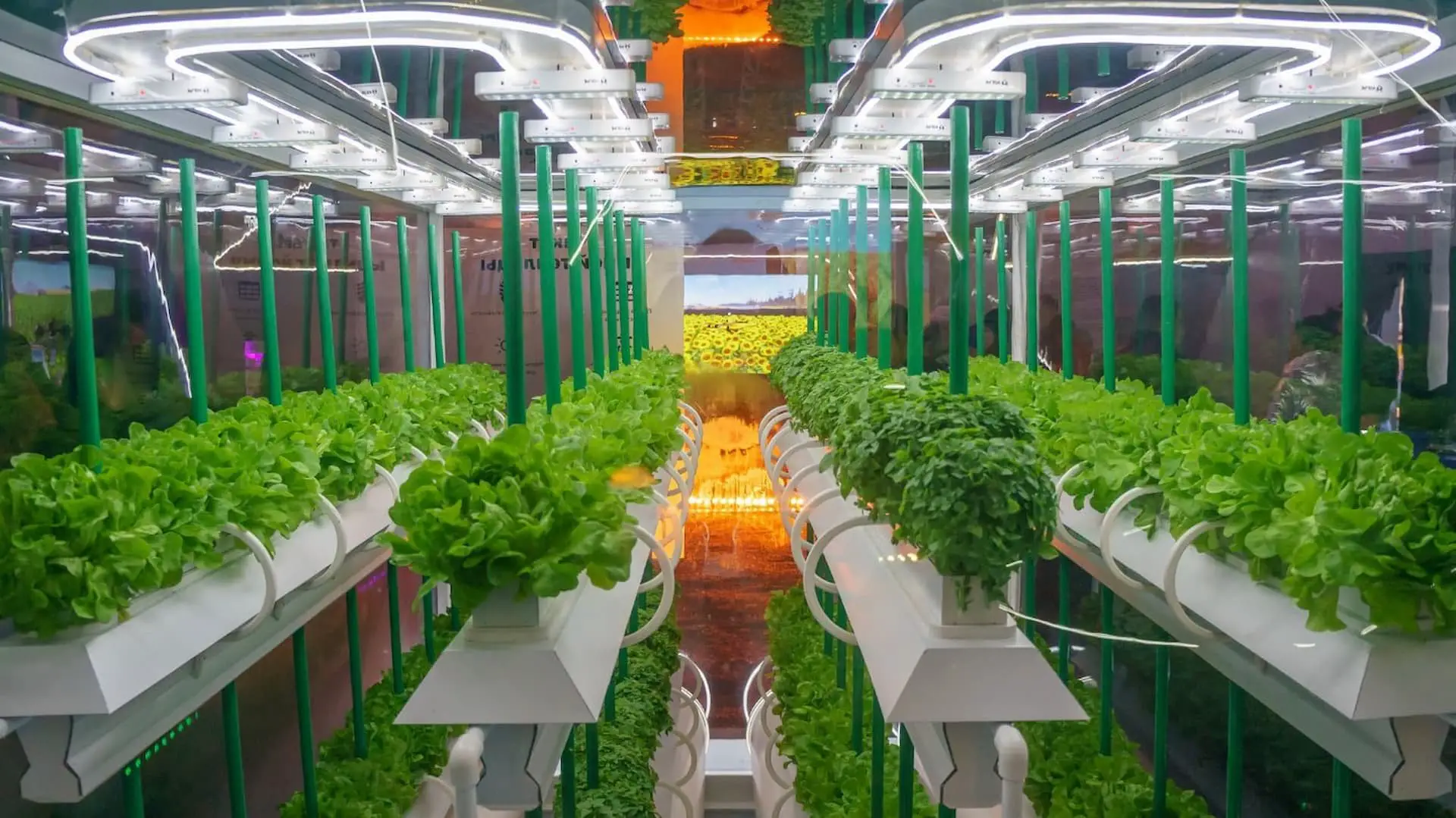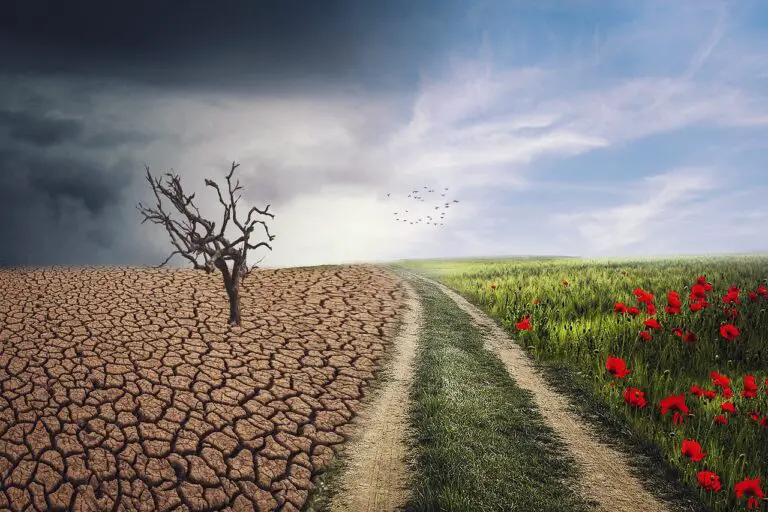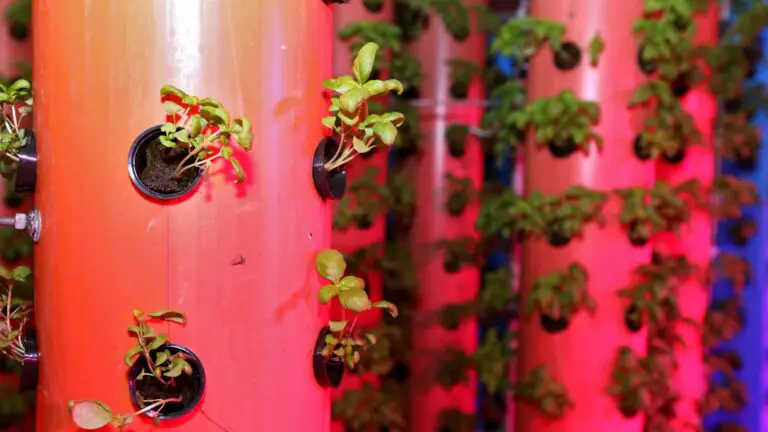The 5 Crazy Myths about Hydroponics
Disclosure: Your purchases through our links may earn us a small commission, supporting our site’s ability to provide valuable information to our readers. Rest assured, it won’t impact your price. Thank you for your support.
Do you want to know the truth about hydroponics?
There are a lot of myths out there, and it can be hard to figure out what is true and what isn’t. This blog post will dispel the 5 biggest myths about hydroponics and give you the facts!
1: Hydroponics is Expensive
This is one of the most common myths about hydroponics. People often think that you need to spend a lot of money on equipment and supplies in order to start using this method of gardening.
However, this isn’t true!
In fact, there are many affordable options available for beginners who want to try hydroponics at home. For example, you can purchase a complete kit with everything needed for your first hydroponic system from an online store like Amazon or eBay.
Or, You can build your own deep water culture or wick system hydroponic system using easy-to-find materials and tutorials from YouTube channels. It will come to an inexpensive conclusion.
The actual cost of starting up depends on how big of an area you want to use as well as what type of plants grow best in that environment. Generally speaking, the cost of setting up a hydroponic system may be much lower than the cost of buying produce from the grocery store.
Related:
How to Setup Wick Hydroponics System With 8 Easy Steps.
How to Set Up DIY Deep Water Culture (DWC) Hydroponic System?
How to Set Up a Hydroponic Drip System
2: Hydroponics is Difficult to Use
This myth couldn’t be further from the truth!
In fact, hydroponics is one of the easiest ways to garden. There is no tilling, or digging required — just add water and nutrients to the system and let your plants grow!
Hydroponics also allows you to be more in control of your gardening environment. You can choose the type of soil-less medium you want to use, the pH level of your water, and even the lighting for your plants.
Rice hulls, coco coir, coco peat, and sponge are just a few of the many growing media options available in your neighborhood. You don’t have to wait for Amazon or eBay to deliver Rockwool, perlite, or oasis cubes.
A small system might seem overwhelming at first, but once you break it down into manageable sizes and start with trial and error, it won’t be as difficult. You’ll discover a lot more. After all, doesn’t it appear to be very difficult?
Related: Coco peat vs. Coco coir.
3: Hydroponically Grown Plants are Less Nutritious Than Other Plants
Another common misconception is that hydroponic gardening produces less nutritious plants than those grown in soil.
However, this isn’t true at all!
In fact, hydroponically grown plants can often be more nutritious than those that are grown in soil.
This is not to suggest that soil gardening isn’t wonderful. Natural growth is always the greatest. This is because city gardeners may have trouble finding soil in their backyards.
But technically, hydroponic plants can be more nutritious. One of the main reasons for this is that you have complete control over your plants’ nutrients. You can tailor the water and nutrient mixture to meet the specific needs of your plants, which can result in plants that are healthier and more nutrient-dense.
Hydroponically grown plants also tend to mature faster than those grown in soil, so you’ll be able to enjoy your fresh produce sooner!
4: Hydroponics is Hard to Maintain
This myth probably stems from the fact that hydroponic systems require more maintenance than traditional gardens.
However, it doesn’t have to be difficult!
If you follow these tips, your plants will thrive and maintain themselves with minimal effort on your part.
Water them regularly — Like any other plant, they require water for their roots to absorb nutrients. This can be done by hand or using an automatic watering system such as those found online at stores like Amazon or eBay. These are relatively inexpensive and easy to install, so there’s no excuse not to use one!
Automatic watering systems allow you complete control over how much water each individual plant receives without having it manually.
5: Hydroponics is not Organic
Hydroponics is organic or not, the difference lies in how these resources are applied to the plant. For example, hydroponic systems don’t need fertilizers or pesticides because they’re providing nutrients directly from an external source (i.e., your nutrient mixture).
So, How to maintain an organic hydroponic?
Maintaining an organic hydroponic system is not as difficult as some people believe. In fact, with a few simple tips, you can ensure that your plants thrive and remain healthy without the need for pesticides or fertilizers.
Water your plants regularly, as explained under Myth # four.
Monitor the pH level of your water — The pH level of water is important because it affects how much nutrients your plants can absorb. If you don’t monitor this, then there’s a chance that some nutrients may not be available to the plant at all times. This could lead to deficiencies in growth or failure altogether due to an inability for roots to take up sufficient levels of nutrients.
Use organic fertilizers — If you want to grow your plants organically, then make sure that the nutrients are coming from an organic source such as compost or manure instead of chemical-based products. Choose carefully which fertilizer will benefit your plant most and apply only what it needs at any given time to reduce waste.
In case if you need any hydroponics, aquaponics, and vertical gardening related items, check the below listed from Amazon and select the best one suited for your specific requirement.
Kratky containers – Large, Kratky containers – Small
Hydroponic reservoir
Hydro tower gardening system
Water pump
Net cups or net pots
Irrigation system including mist nozzles
Agricultural drone sprayers
Nutrient solution
Grow lights
LED grow lights
Timer
Air pump and Air stone
Organic hydroponic nutrient solution
Digital ph meters and EC, TDS meters
pH adjusters for hydroponics
Seeds for hydroponics (Lettuce, Tomatoes, Bell peppers, Cucumbers, Zucchini)
Algae control solution
Thermometer for hydroponics
Related: 9 Useful Tips to Create a Sustainable Hydroponic Garden for Long Term Success
In Conclusion
I hope this article has dispelled some myths about hydroponics and given you a better understanding of what it is and how it works.
Hydroponics is a great way to grow plants without the hassle of soil or weeds, so why not give it a try? It’s easy, affordable, and offers many benefits over traditional gardening methods!
Thank you for reading!
Also, read: 10 Characteristics of Ideal Hydroponic Growing Medium



